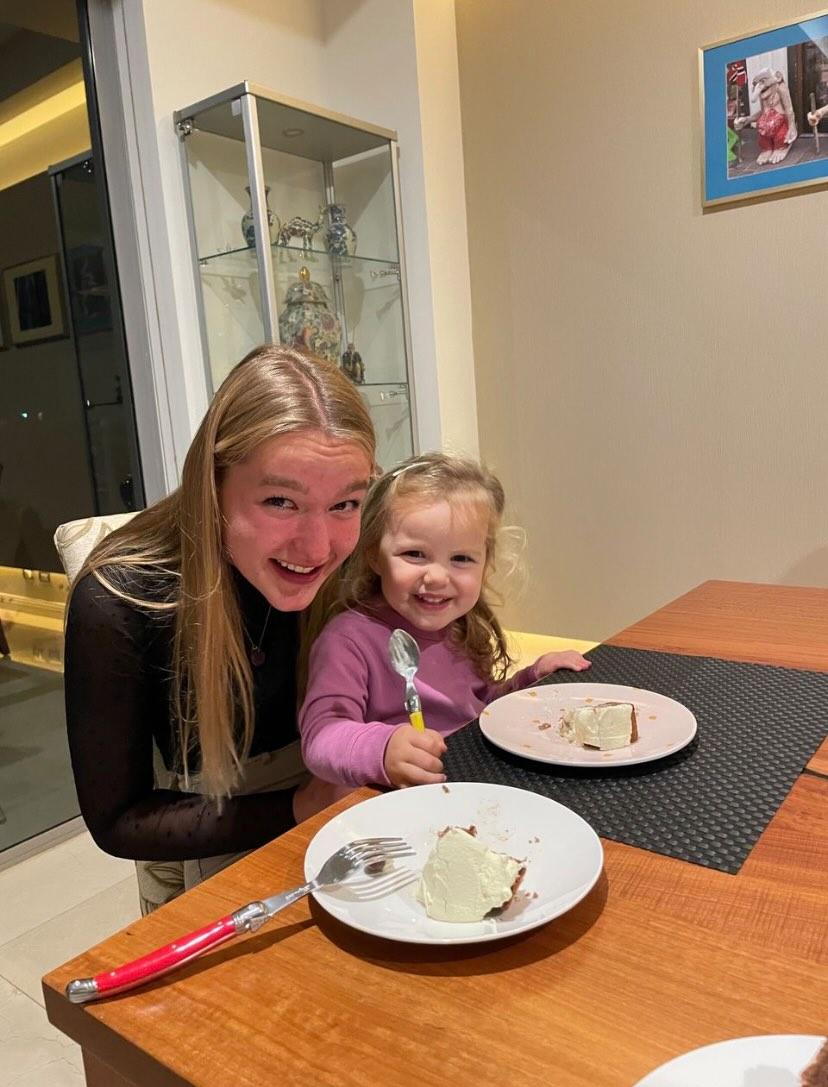How to manage food budgets with your au pair
When you welcome an au pair into your home, it becomes your responsibility to provide them with a safe and secure living arrangement, including board and accommodation. Naturally, this means an increase in household expenses, particularly in your grocery budget. Adequate food is crucial for creating a sense of security within the home, and just like any other family member, you should ensure that your au pair has access to well-nourishing and satisfying meals.
As you establish a food budget that incorporates your au pair's needs, it is important to consider their food requirements in the same manner as you would for any other family member. An au pair will require sufficient food, healthy and nutritious options, accommodations for dietary restrictions or food allergies, and consideration for their personal food preferences.
Further considerations include:
- Overspending on expensive or luxury items.
- Avoiding food wastage.
- Planning meals, purchasing groceries ahead of time, and ensuring food availability.
- Accommodating their eating preferences, habits, and cultural background with your family's food culture.
Once you have taken these aspects into account, you can proceed to calculate the additional cost of feeding an additional adult in your household. Review your family's weekly food expenses and determine the proportion spent on each adult. For instance, if you allocate 25% of your weekly budget to each adult, you can expect to add at least 25% for the au pair. Leave some flexibility in your budget to accommodate their favourite foods, treats, and additional items like sauces or condiments that they may regularly use.
With a clear food budget and strategy in mind, the next step is to communicate this clearly with your au pair to avoid misunderstandings or mismatched expectations regarding food. The following suggestions can assist the process:
- Communicate your food expectations early on. Go through your pantry and refrigerator with your au pair, discussing a typical week's meals for your family.
- Encourage your au pair to share their food preferences, routines, likes, and dislikes.
- Purchase groceries on a weekly basis, especially in the beginning, to minimise waste.
- Collaborate with your au pair to plan the menu, giving them a better understanding of how each food item is utilised and whether specific meals require additional ingredients.
- Allow your au pair the option to purchase extras within predetermined limits, just as you would for your family.
- If your au pair comes from a different food culture, encourage them to explore and experience your local cuisine as part of their journey.
- Seek advice from us in advance, we have helped lots of families regarding this subject and are therefore happy to assist you in managing your budget effectively.
We are dedicated to providing continuous help and support to ensure a smooth and successful process for you. No matter how small or insignificant you may perceive your questions or concerns to be, we encourage you to reach out to us. It is far better to address any uncertainties or issues early on, preventing them from escalating into significant challenges.
Baking is always a good activity (:




